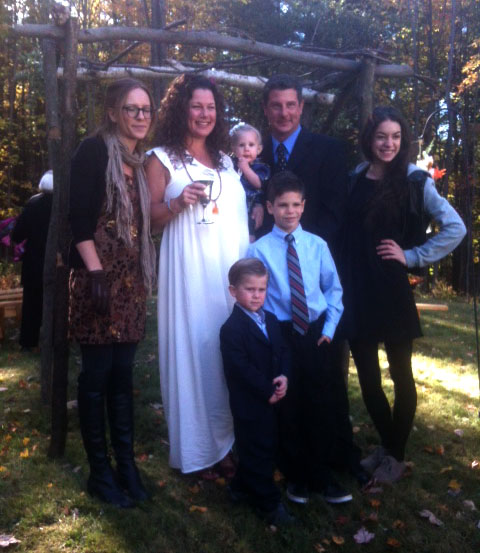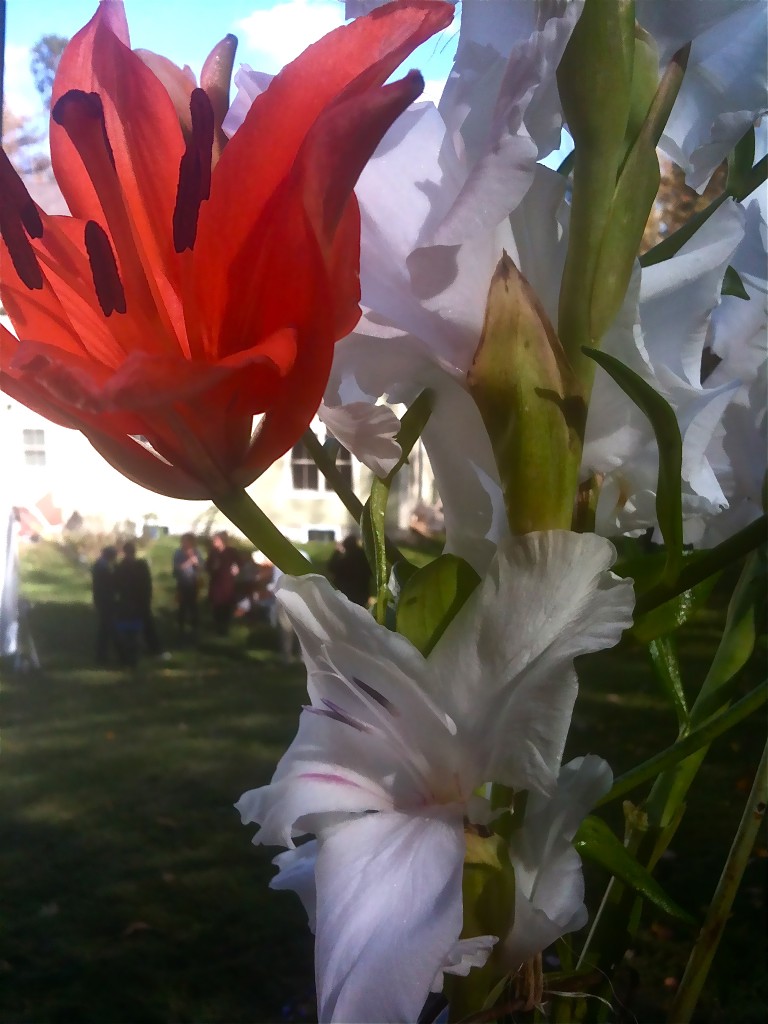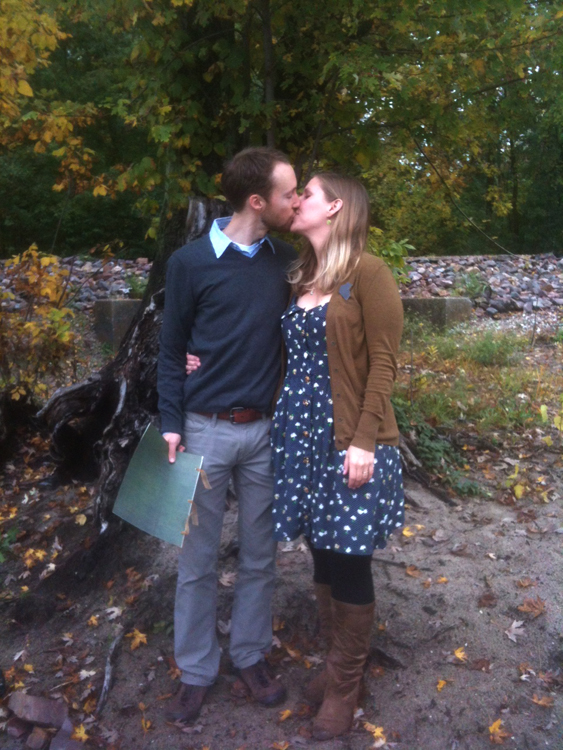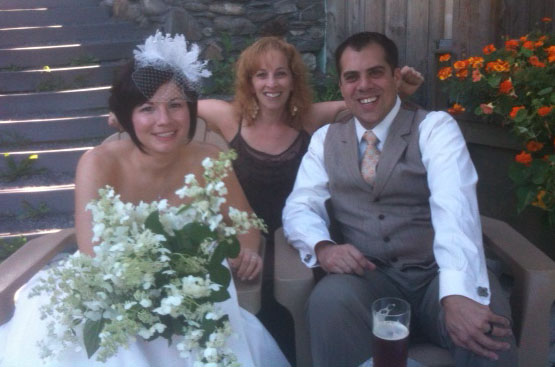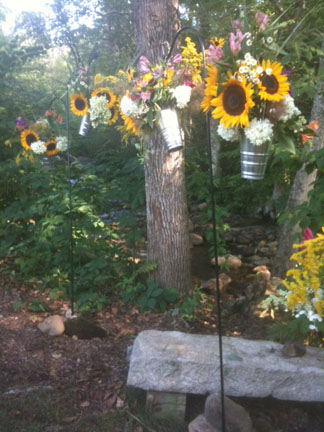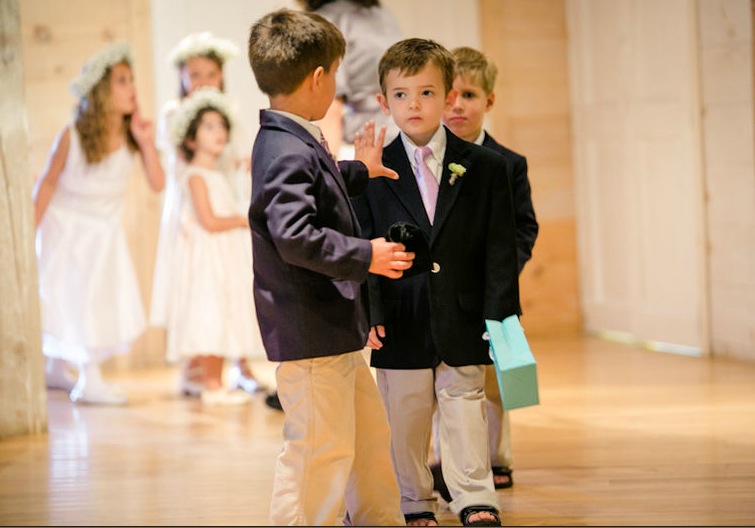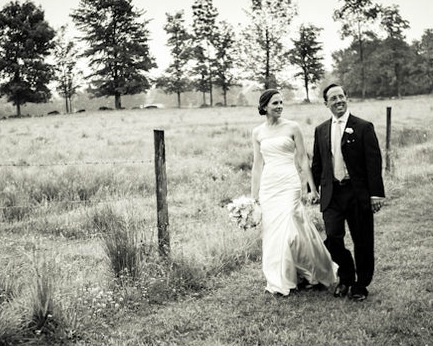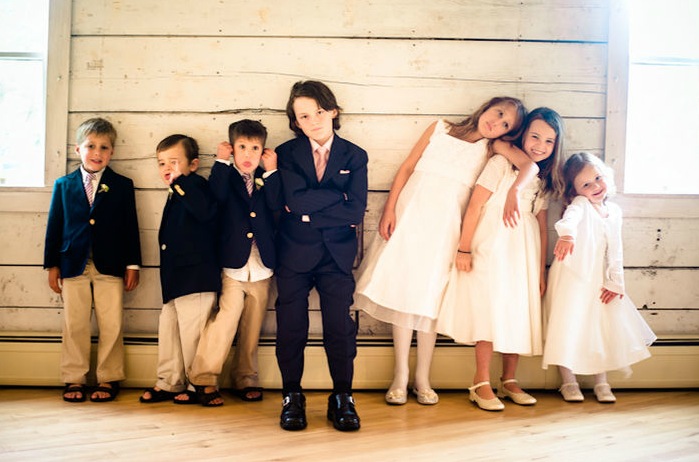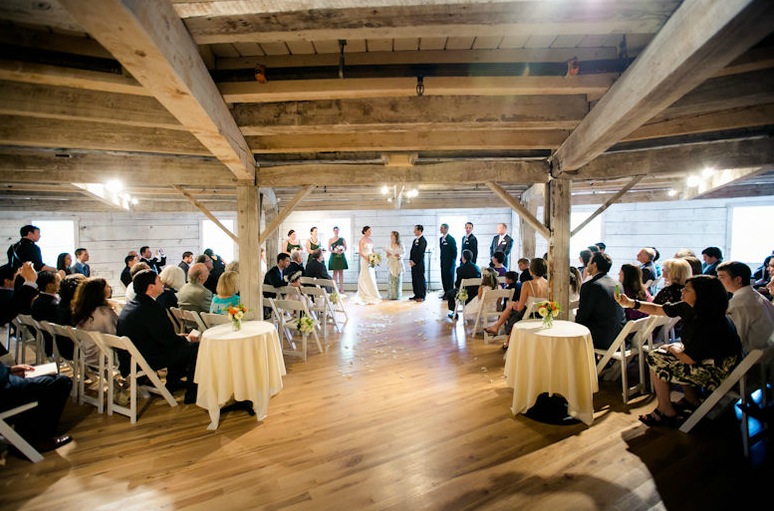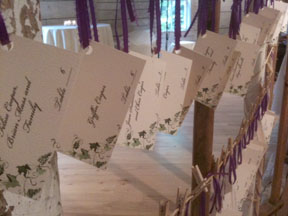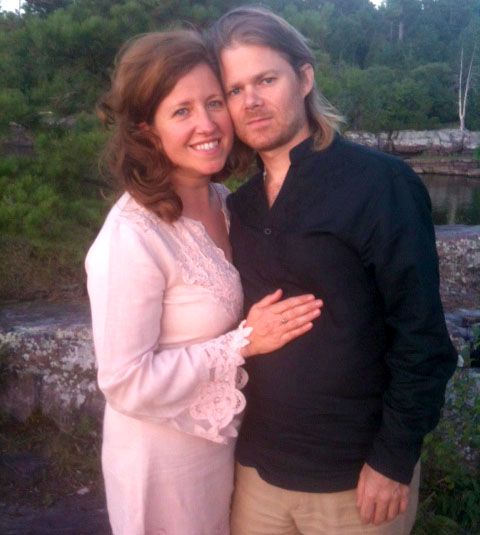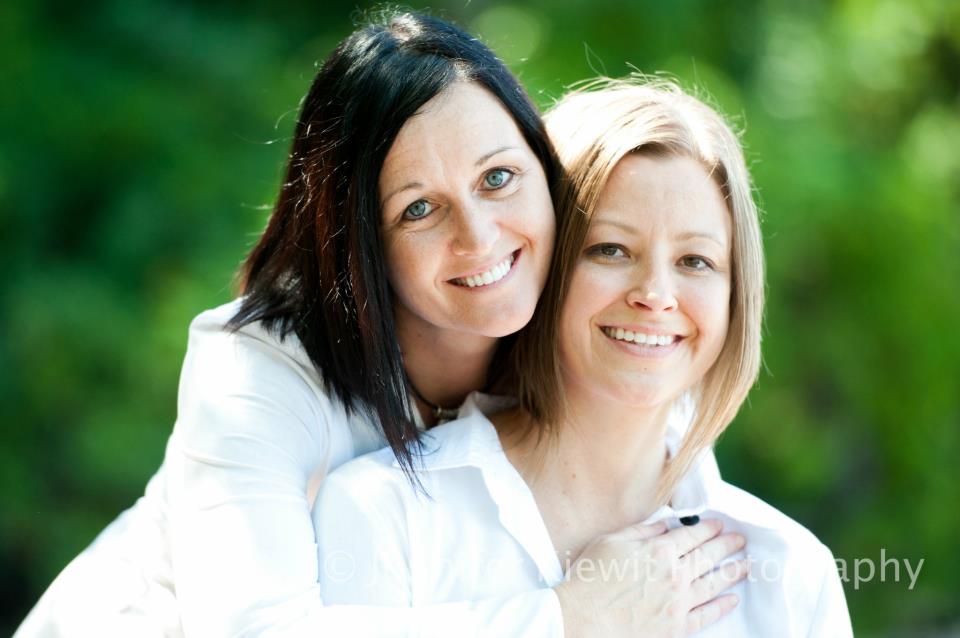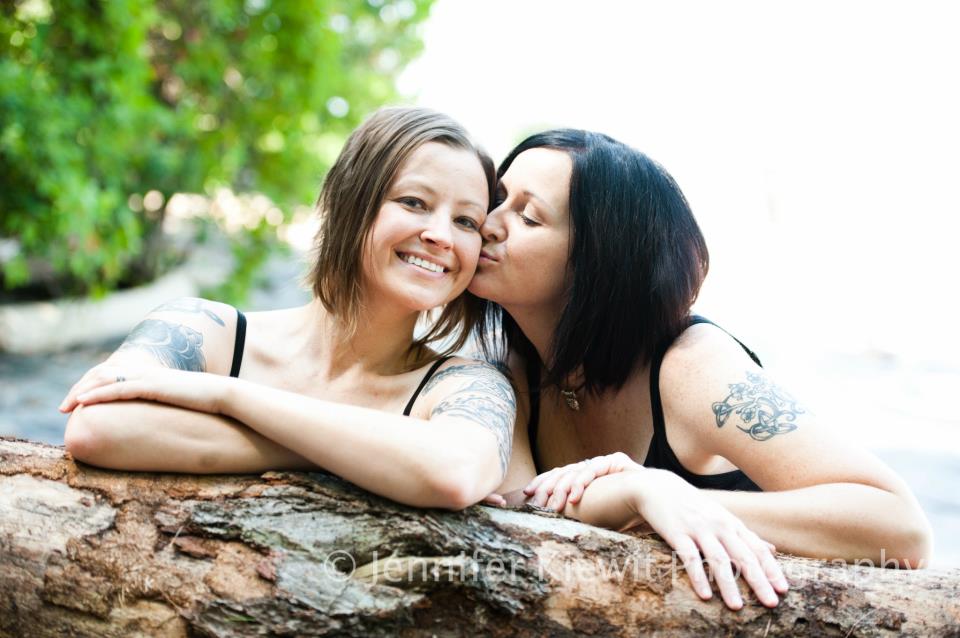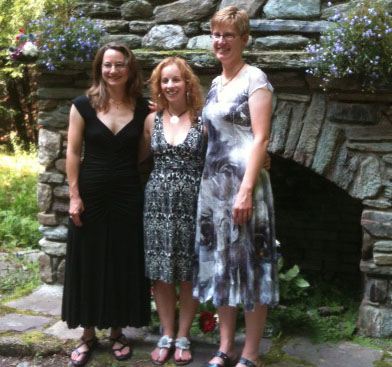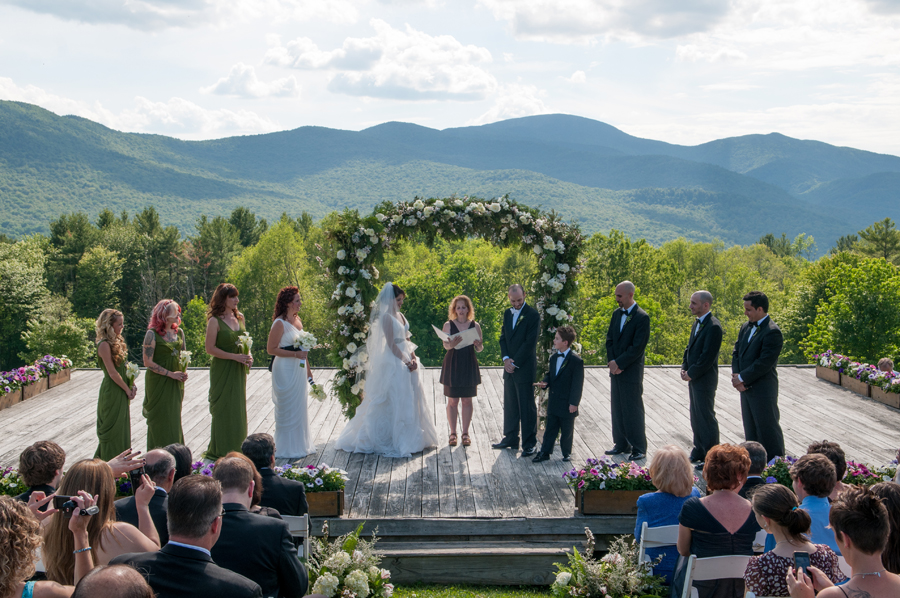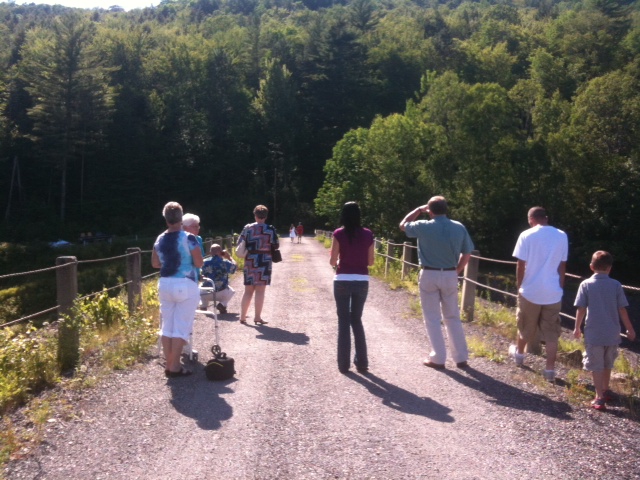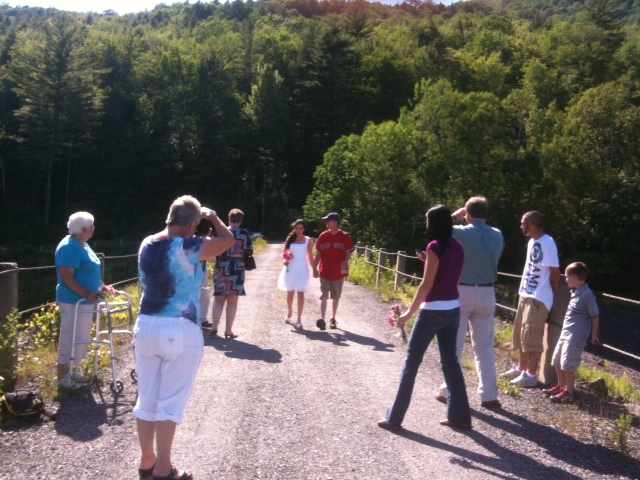I got a call the other day from a woman in Texas named Melissa. She’s in a graduate program in mental health counseling, and she’s writing a research paper on gay marriage.
Melissa comes from a very conservative Christian family, has strong ideas about marriage, and for most of her life, her beliefs and values have run firmly in the direction of one man, one woman, no divorce.
And yet, she’s committed to being an effective counselor for everyone who comes to her door. She knows it’s her responsibility to open her mind and learn about people from other backgrounds and who live lives different from hers.
She came to me in my guise as a wedding officiant. Living in Vermont, of course, I do a large number of same sex marriages – in fact, I’d say they make up about 60% of my business.
I feel very strongly that legalizing same sex marriage is a social justice issue of the highest importance, and for me, ranks right up there with ensuring women’s reproductive rights and combatting climate change.
Melissa didn’t know this when she called, and she certainly walked away with an earful!
She asked some great questions that I’d never thought about before, like how I define the “sanctity of marriage.” I told her there’s a vast range of marriage styles and marital traditions seen in the long history of humanity: monogamy, polygamy, polyandry, arranged marriages, political marriages, shotgun marriages – even an old Chinese custom of women technically marrying a dead man for the preservation of her property and independence.
Unfortunately, too often, the rules and laws of marriage have benefitted families, dynasties, businesses, and, of course, men, without any regard for the freedom, autonomy, or well-being of women. And certainly, throughout the ages, many people, both men and women, have been stuck in marriages which should have ended long ago, but for the repressive laws of their societies and cultures.
So to my mind, upholding the sanctity of any marriage means adhering to the ground rules of that particular marriage, and those rules should be set by the couple themselves, and no one else.
Then she asked me the million dollar question: do I think gay marriage is any different from straight marriage. And it was clear she didn’t have a preconceived idea – she really wanted to know.
I said absolutely not. There is no difference whatsoever. Love is love. The joy of finding romance and partnership and making a long term commitment to building a life with someone shines the same way in everybody’s eyes. It’s a soul connecting to a soul and uniting formally in a manner which transforms the relationship – sometimes just legally, but more often in some charismatic, luminous, undefinable way. Gay or straight, the goal is the same: unity with the beloved.
After a few more questions, Melissa asked if I had anything more I wanted to say, and what came out of my mouth surprised us both. It’s an odd thing for a Wedding Officiant to admit, but honestly, I actually think the notion of marriage is a bunch of crap.
Don’t get me wrong, I believe in the power of ritual for life’s great moments, and I champion the psycho-spiritual value of formally uniting with another. After all, the truth is that long term relationships are hard work, and you need something to hang on to when things inevitably get rough. Formalizing commitment has great value.
However, the idea that an institution, be it a government or a religious body, has any right to define which marriages are legal and which are illegal is a bunch of sanctimonious, self-serving hogwash. Nobody, other than the people choosing to commit to each other, should decide what’s right and proper.
However, I’m not here to dismantle the system. Even I know how to pick my battles.
So, as long as people (of all stripes and persuasions) want to come to Vermont and get married, I am more than happy to serve.



